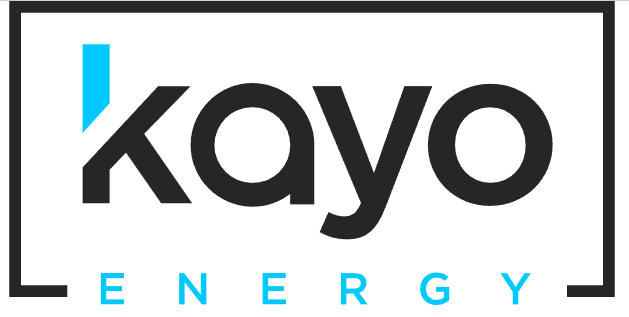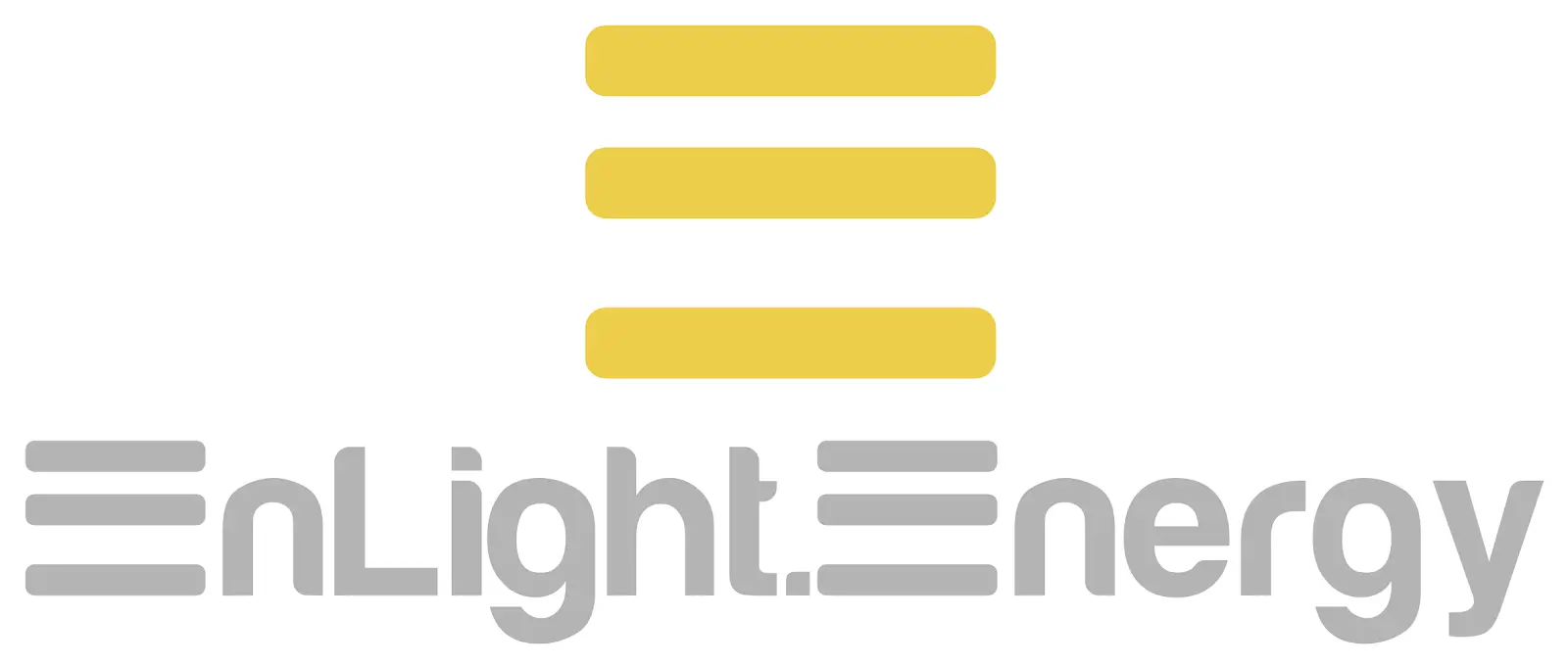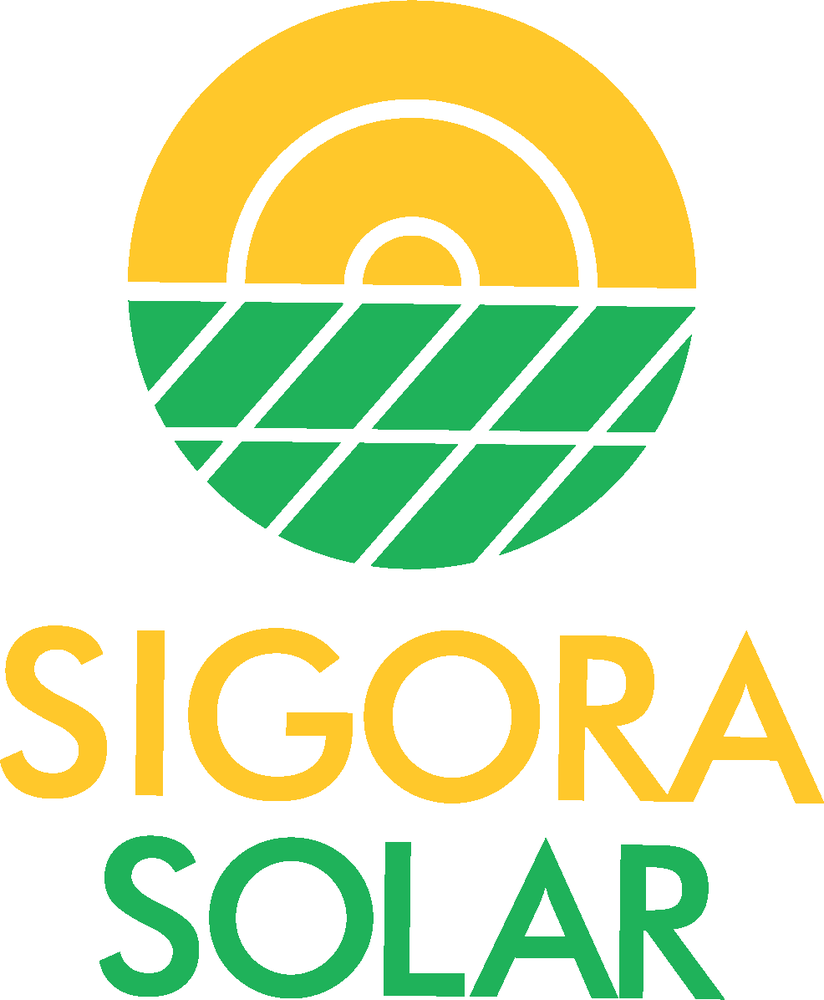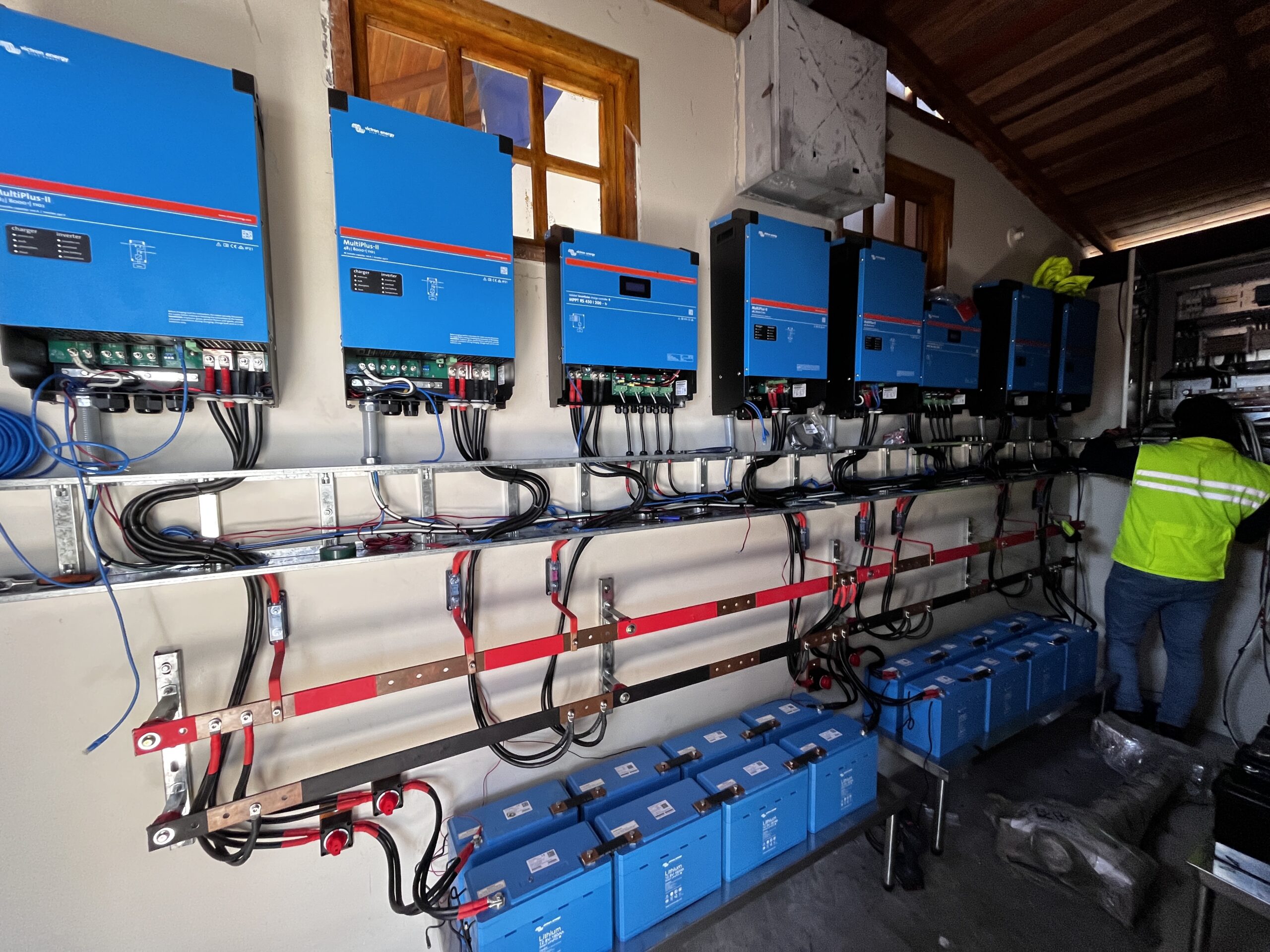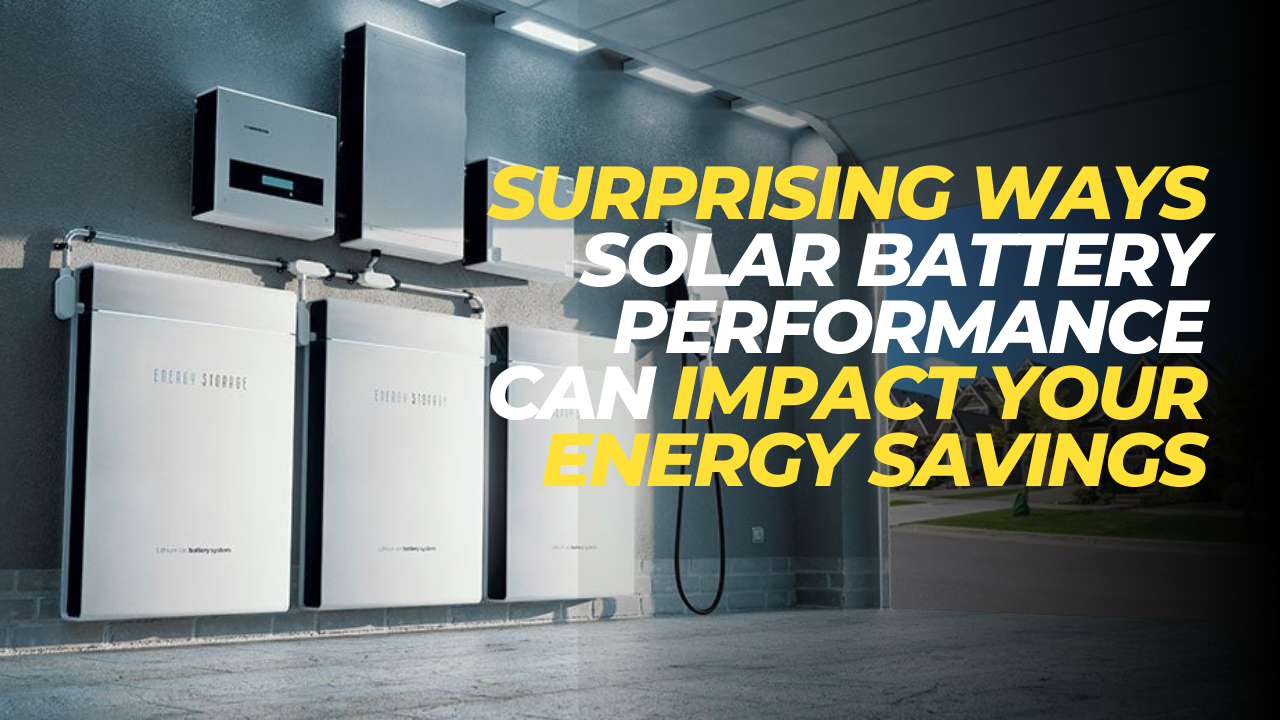How Do We Rate Solar Companies?
TL;DR: We rate solar installers from 1 to 5 stars to help you pick the best one. High stars mean they’re really good at what they do and treat their customers right. Low stars? Not so much. We give credit to companies that have been around for a while, know what they are doing, have a high standard of workmanship and equipment, don’t hire subcontractors to keep the bar of solar installation quality high and have good local reviews from real customers (yes, we check if the reviews are actually real or fake). Companies we choose as top-rated know and can help with federal and local solar incentives to help you save, have good financing plans, and guarantee their work. We’re here to point you to the solar companies that truly rock, making going solar easy and worthwhile for you.
Check our detailed review process here.
Is It Worth Going Solar in Massachusetts?
If you’re a homeowner in Massachusetts, you might be wondering if solar energy is a good investment for your home. With the state’s high electricity rates and many incentives available, the answer is yes Here’s what you need to know:
Financial Benefits
- High Electricity Rates: Massachusetts has some of the highest electricity rates in the country. This means that every unit of solar energy you produce is worth more than in most other states.
- Cost of Solar Panels: The average cost of a 5 kW solar panel system in Massachusetts is around $16,576. But with the federal tax credit, the cost drops to $11,603.
- Payback Period: You can expect to recoup your investment in about 8 years, which is shorter than the national average.
- Lifetime Savings: Over the lifetime of the solar panels, you can save around $48,909.
Incentives and Rebates
- Federal Tax Credit: You can claim a 30% federal tax credit on your solar installation and equipment costs.
- State Tax Credit: Massachusetts offers a 15% state tax credit, up to $1,000.
- Sales Tax Exemption: You won’t have to pay sales tax on your solar equipment, which can save you around $1,031.25.
- Property Tax Exemption: The increase in your home’s value due to solar panels is exempt from property taxes for 20 years.
- SMART Program: You can earn bonus payments for each unit of electricity you generate over a 10-year period.
- Net Metering: You can earn credits for excess energy you send to the grid, which can offset the cost of pulling energy when your panels aren’t producing.
Environmental Impact
- Reduced Carbon Footprint: Solar energy helps reduce our reliance on natural gas, which is a major contributor to greenhouse gas emissions.
- Community Impact: Installing solar panels can inspire your neighbors to do the same, contributing to a broader clean energy trend in your community.
Practical Considerations
- Sunlight Availability: Massachusetts gets an average of 2.5 to 3.5 peak sun hours per day, which is relatively low. But with high electricity rates, solar is still a viable option.
- Roof Suitability: The direction and shading of your roof can affect the efficiency of your solar panels. South-facing roofs are ideal, and some west-facing roofs are also suitable.
- Battery Backup: If you live in an area prone to severe winter storms, consider purchasing batteries to provide power during outages.
With high electricity rates, favorable incentives, and a relatively short payback period, going solar in Massachusetts is a financially attractive option for many homeowners. Plus, you’ll be reducing your carbon footprint and potentially increasing your home’s value. So, is going solar in Massachusetts a good idea? Absolutely
How much money can solar save people in Massachusetts?
Solar energy can save people in Massachusetts a significant amount of money on their electricity bills. Here are some example calculations to illustrate the potential savings:
Example 1: Savings with a 5 kW Solar Panel System
- Average Cost of Solar Panel System: The average cost of a 5 kW solar panel system in Massachusetts is around $16,576 before incentives.
- Federal Tax Credit: Homeowners can claim a 30% federal tax credit, which reduces the cost to $11,603.
- State Tax Credit: Massachusetts offers an additional $1,000 state tax credit, bringing the total cost down to $10,603.
- Annual Savings: With a 5 kW system, homeowners can save approximately $1,000 to $1,500 per year on their electricity bills.
- Lifetime Savings: Over the 20-year lifespan of the solar panels, the total savings can range from $20,000 to $30,000.
Example 2: Savings with a 6 kW Solar Panel System
- Average Cost of Solar Panel System: The average cost of a 6 kW solar panel system in Massachusetts is around $19,920 before incentives.
- Federal Tax Credit: Applying the 30% federal tax credit reduces the cost to $13,944.
- State Tax Credit: Including the $1,000 state tax credit, the final cost is $12,944.
- Annual Savings: A 6 kW system can save homeowners around $1,200 to $1,800 per year on their electricity bills.
- Lifetime Savings: Over 20 years, the total savings can range from $24,000 to $36,000.
Example 3: Savings with a 10 kW Solar Panel System
- Average Cost of Solar Panel System: The average cost of a 10 kW solar panel system in Massachusetts is around $35,600 before incentives.
- Federal Tax Credit: The 30% federal tax credit reduces the cost to $24,920.
- State Tax Credit: Including the $1,000 state tax credit, the final cost is $23,920.
- Annual Savings: A 10 kW system can save homeowners around $2,000 to $3,000 per year on their electricity bills.
- Lifetime Savings: Over 20 years, the total savings can range from $40,000 to $60,000.
What is the average cost of going solar in Massachusetts?
The average cost of going solar in Massachusetts varies based on the size of the solar panel system.
Here is a detailed breakdown of the costs for different system sizes, including the typical installation costs before and after federal and state tax credits:
Average Cost of Solar Panels in Massachusetts
| System Size (kW) | Typical Installation Cost (Before Incentives) | Net Price After Federal and State Tax Credits |
|---|---|---|
| 4 kW | $14,880 | $10,416 |
| 5 kW | $18,600 | $13,020 |
| 6 kW | $22,320 | $15,624 |
| 7 kW | $26,040 | $18,228 |
| 8 kW | $29,760 | $20,832 |
| 9 kW | $33,480 | $23,436 |
| 10 kW | $37,200 | $26,040 |
Explanation
- Typical Installation Cost (Before Incentives): This is the upfront cost of the solar panel system before any tax credits or incentives are applied.
- Net Price After Federal and State Tax Credits: This is the final cost after applying the 30% federal solar investment tax credit (ITC) and the 15% Massachusetts state tax credit (up to $1,000).
Key Points
- Federal Tax Credit: Reduces the cost by 30%.
- Massachusetts State Tax Credit: Reduces the cost by an additional 15%, up to a maximum of $1,000.
- Average Cost per Watt: The cost per watt in Massachusetts is around $3.53, which is higher than the national average but still makes solar a viable investment due to high electricity rates.
Massachusetts Solar Incentives and Rebate Programs
Massachusetts Solar Incentives and Rebate Programs
Massachusetts offers many incentives and rebate programs to encourage people to use solar energy. These programs help reduce the upfront cost of solar panel systems and provide ongoing benefits to homeowners and businesses. Here’s a detailed overview of the key programs:
1. Federal Solar Investment Tax Credit (ITC)
- Homeowners can claim a 30% federal tax credit on the total cost of their solar panel system, including equipment, labor, and sales tax.
- For a $16,500 solar panel system, the federal tax credit would be $4,950, reducing the cost to $11,550.
- The system must be installed on a primary residence, and the homeowner must have enough tax liability to claim the credit.
2. Massachusetts Residential Energy Credit
- Homeowners can claim a 15% state tax credit on their solar panel system costs, up to a maximum of $1,000.
- For a $16,500 solar panel system, the state tax credit would be $2,475 (15% of $16,500), but capped at $1,000.
- The system must be installed on a primary residence.
3. Sales Tax Exemption
- Solar equipment is exempt from the 6.25% state sales tax.
- For a $16,500 solar panel system, the sales tax exemption would save $1,031.25.
- Applies to all renewable energy equipment, including solar panels, wind turbines, and heat pumps.
4. Property Tax Exemption
- The increase in home value due to the installation of solar panels is exempt from property taxes for 20 years.
- If a $500,000 home increases in value by $25,000 due to solar panels, the property taxes will still be calculated based on the original $500,000 value.
- Applies to all solar panel installations on primary residences.
5. Solar Massachusetts Renewable Target (SMART) Program
- Homeowners receive a bonus payment for each kilowatt-hour of electricity generated over a 10-year period.
- Payments range from 20-30 cents per kWh, with higher rates available for low-income households and systems with battery storage.
- Available for homeowners served by Eversource, National Grid, and Unitil. The program is managed by the Massachusetts Department of Energy Resources (DOER).
6. Net Metering
- Homeowners can earn credits for excess energy sent to the grid, which can offset the cost of pulling energy when the panels are not producing.
- Privately-owned renewable energy systems up to 2,000 kW are eligible. Each utility company has its own technical requirements and annual capacity limits.
7. ConnectedSolutions Demand Response Program
- Eversource pays homeowners an incentive for allowing the company to use their energy storage capacity during times of high demand.
- Homeowners can earn an extra $1,375 per year by participating in the program with a battery of 5 kW capacity.
- Requires approved inverters and batteries from specific providers.
Massachusetts offers many incentives and rebate programs that make solar energy more affordable and beneficial for homeowners and businesses.
These programs help reduce upfront costs and provide ongoing savings, making solar energy a great choice for those looking to save money and reduce their carbon footprint.
Net Metering in Massachusetts
Net metering in Massachusetts is a billing mechanism that allows homeowners and businesses to generate their own electricity and offset their utility bills by feeding excess energy back into the grid.
Here are the key details about net metering in Massachusetts:
Overview of Net Metering
- Definition: Net metering is a billing practice that records the excess energy generated by a solar installation and applies it as credit toward energy drawn from the grid.
- Purpose: It enables consumers to use their own electricity generation to offset their utility bills, promoting the use of renewable energy sources like solar and wind.
How Net Metering Works
- Bi-Directional Meter: Homeowners with solar panels have a bi-directional meter installed, which measures both the energy consumed from the grid and the energy exported to the grid.
- Credit Accumulation: When solar panels produce more electricity than the home consumes, the excess is sent to the grid, and the homeowner earns credits. These credits can be used to offset energy consumed during periods when the solar panels are not producing, such as nighttime or cloudy days.
- Billing: At the end of each billing period, the utility company totals up the energy sent to the grid and the energy used from the grid. If the homeowner used more electricity than they sent, they are billed for the difference. If they sent more than they used, the utility records a credit balance that can be applied to future bills.
Benefits of Net Metering
- Financial Savings: Homeowners can save significantly on their electricity bills by earning credits for excess energy generation.
- Environmental Benefits: Net metering promotes the use of clean, renewable energy, reducing greenhouse gas emissions and contributing to a more sustainable future.
- Energy Independence: Solar panel owners have greater control over their energy production and consumption, reducing their reliance on traditional utility companies.
- Grid Stability: By injecting surplus electricity into the grid during peak demand times, solar panel owners contribute to the stability of the grid.
Massachusetts Specifics
- Eligibility: Net metering is available to customers of regulated electric companies in Massachusetts, including Eversource, National Grid, and Unitil.
- Caps: The general net metering program (GP) has caps on the total amount of generation specific to each electric company service territory. Public and private facilities have separate caps, with public facilities allowed up to 10 MW and private facilities up to 2 MW.
- Facility Size: Any generating technology, regardless of whether it is renewable, can net meter if it is smaller than or equal to 60 kW. For wind, solar, or anaerobic digestion technologies, private facilities must be 2 MW or less, and public facilities must be 10 MW or less.
Challenges and Considerations
- Policy Variations: Net metering policies can vary significantly by state and even by utility company, affecting the value and duration of credits.
- System Sizing: The size of the solar panel system should be optimized to match energy needs to maximize the benefits of net metering.
- Regulatory Changes: Some states have moved away from net metering, replacing it with net billing that offers lower credits for all kWh sent to the grid from solar owners’ systems.
Are there community solar programs in Massachusetts?
Yes, there are community solar programs in Massachusetts. These programs allow individuals to subscribe to a share of a local solar farm and receive credits on their electric bills for the energy produced by their share of the solar farm.
Here are the key details about community solar programs in Massachusetts:
- Accessibility: Community solar is available to anyone who pays their own electric bill, including renters and condo owners, making it a viable option for those who cannot install solar panels on their property.
- Cost Savings: Subscribers typically save 5-10% on their annual electricity costs compared to traditional utility rates.
- Environmental Benefits: Community solar supports the use of clean, renewable energy, contributing to a reduction in greenhouse gas emissions and promoting a cleaner environment.
- Flexibility: Subscriptions can often be transferred or adjusted if the subscriber moves or changes their energy needs.
How Community Solar Works
- Subscription: Individuals subscribe to a community solar project and receive a portion of the solar farm’s energy production.
- Billing: Subscribers receive two bills: one from their utility company with credits for the solar energy produced, and one from the community solar provider for the discounted rate of those credits.
- Net Metering Credits: The solar energy produced is credited to the subscriber’s utility bill, reducing their electricity charges.
Incentives and Programs
- SMART Program: The Solar Massachusetts Renewable Target (SMART) program provides financial incentives for solar energy production, including community solar projects, by offering fixed rates for the energy generated over a set period.
- Federal Grants: Massachusetts has received significant federal grants, such as the $156 million Solar for All grant, to support low-income residents and public housing facilities with solar installations and community solar projects.
Providers and Projects
- Several companies offer community solar subscriptions in Massachusetts, including Ampion, Arcadia, Ecogy Energy, Nexamp, Perch Energy, Solar Gardens by Syncarpha, Solstice, and Sunwealth.
- Subscribers can find community solar projects tailored to their needs by contacting their electric utility or using online resources to discover available projects.


